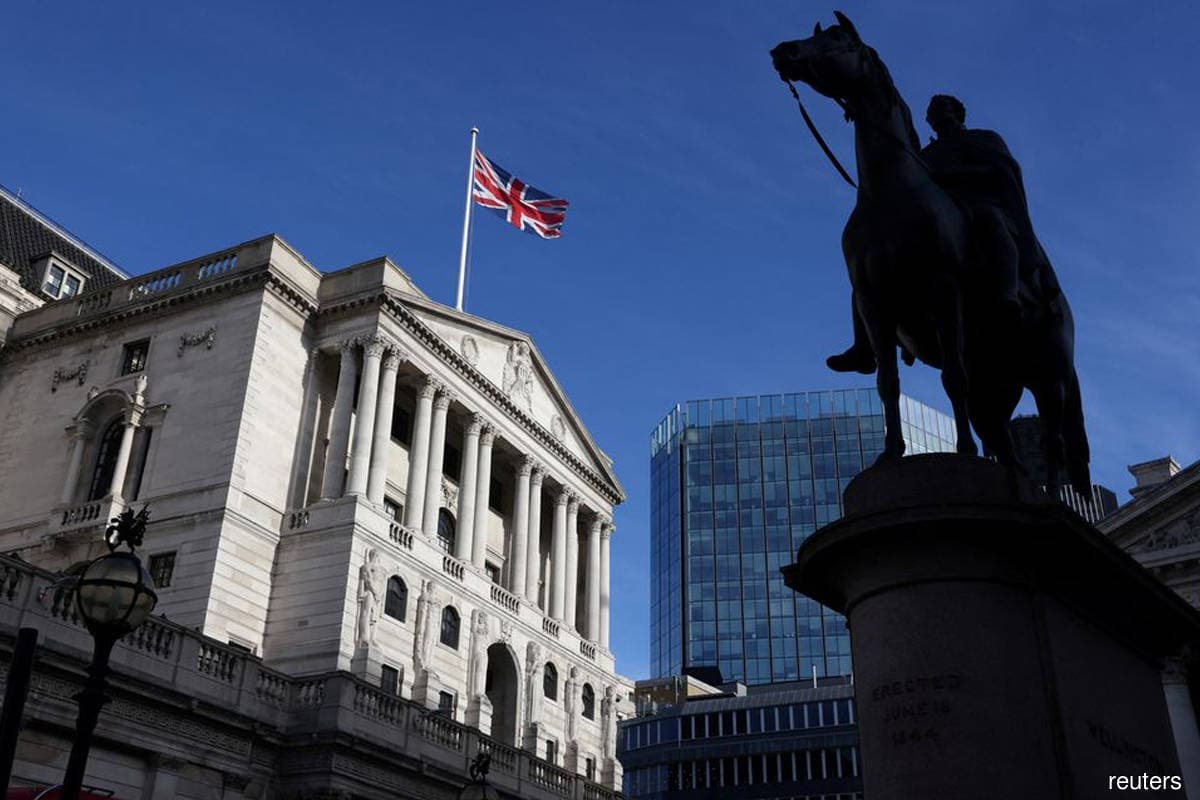
KUALA LUMPUR (Nov 11): Global interest rates have risen more rapidly than expected in the past two months, and US Federal Reserve (Fed) and European Central Bank (ECB) policy rates are now likely to peak at a later date and higher level, said Fitch Ratings.
In a statement on Thursday (Nov 10), the rating agency said stubbornly high inflation outturns and a hardening of central banks' resolve to bring inflation down make a pivot back towards rate cuts in 2023 unlikely.
Fitch said it now expects the Fed funds rate to rise by 50 basis points (bps) to 4.5% in the December Federal Open Market Committee meeting, and then by 25 bps in each of the February and March 2023 meetings.
“We expect rates to remain at 5.0% through the rest of 2023,” it said.
Fitch said the ECB’s main refinancing operations (MRO) rate is now expected to rise by 50 bps to 2.5% in December, and then by a further 25 bps in both the February and March 2023 Governing Council meetings.
It said the MRO rate is expected to remain at 3% through the rest of 2023.
Meanwhile, it said the Bank of England (BOE) is now expected to raise its base rate by 50 bps in December to 3.5%, and then by a further 125 bps to a peak of 4.75% by the second quarter of 2023.
Fitch said this is much higher than the 3% peak at end-2022 anticipated in the September Global Economic Outlook (GEO), and partly reflects extreme volatility in UK financial markets in late September and early October.
The agency said the Fed, ECB and BOE had all raised interest rates rapidly over the past two months, with all three increasing rates by an outsize 75 bps in their latest meetings.
It said inflation is proving stubbornly high, despite global energy and food prices softening in recent months, and a sharp easing of supply-chain pressures in global consumer goods markets.
Rising services inflation is a major concern, as it signals that inflationary pressures are becoming more embedded and self-reinforcing.
Services inflation has risen to 6.7% in the US from 4.1% in January, to 6.1% from 3.3% in the UK, and to 4.4% in the eurozone (from 2.3%).
High services inflation reflects a range of components — including rapidly increasing rental inflation in the US — but over the longer term, services inflation is closely correlated with wage growth.
Fitch said wage growth is also elevated — particularly in the US and the UK — reflecting tight labour markets with historically low unemployment and a high ratio of job openings per unemployed person. Monetary tightening has made little progress so far in easing supply-demand imbalances in the labour market.
“Against this backdrop, we think central banks are becoming more determined to take interest rates further into ‘restrictive’ levels (i.e. above their estimates of the ‘neutral’ rate, which neither adds to nor subtracts from aggregate demand) in the coming months, and are likely to be nervous about a premature pivot to interest rate cuts in the latter part of 2023.
“Indeed, recent central bank commentary has emphasised that risks of ‘over-tightening’ monetary policy in the near term are outweighed by risks of not tightening enough and allowing inflation to become more entrenched,” it said.
Fitch’s next GEO will be published in December.